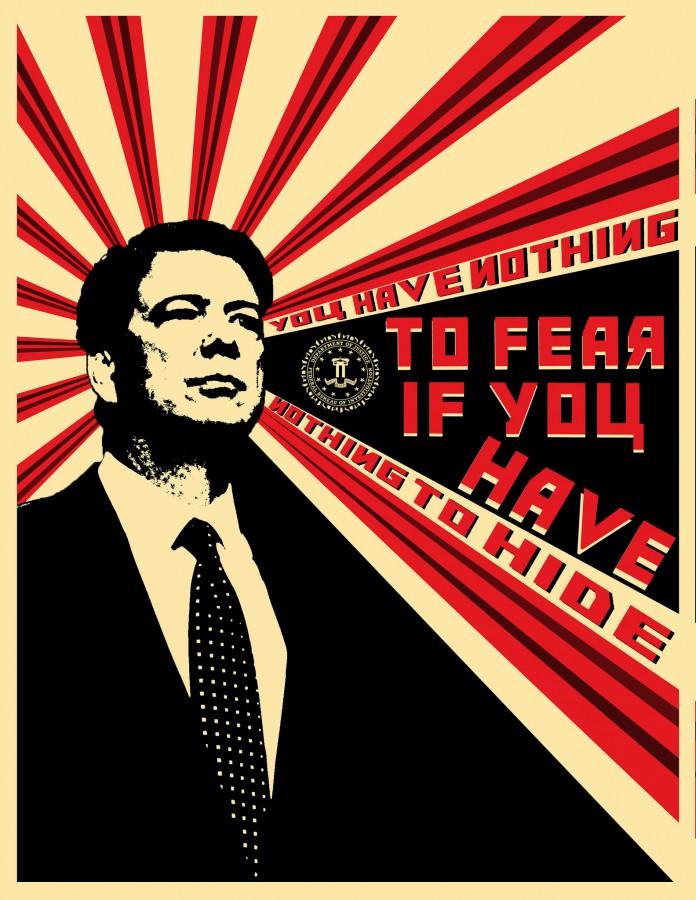There’s a party in my phone and the FBI is invited
April 7, 2016
You’re in a rush to get to work, and in the midst of searching for your keys you finally make it out the door. When you get on the freeway and then realize you forgot your phone. Now let’s add a minute detail, you left your phone at the place you had a one night stand. You could’ve left it in their house, or maybe it was their back seat — regardless of where you left it, we’re getting off topic. Thank god the person doesn’t know your passcode, then they’d see all those pictures of your cat dressed up as a T-rex.
No one likes to have their personal information sifted through without their knowledge, let alone by someone they hardly even know. But according to the FBI in their most recent case against Apple, that doesn’t really matter — if they want to look at your phone, they are going to find a way.
In case you missed it, the FBI dropped their civil case against Apple in which they demanded Apple create a backdoor for their phone passcodes so the FBI could access the data from a phone used by the San Bernardino shooters.
Here is the biggest issue though and it is put very clearly by Tim Cook, Apples CEO, in a letter to apple customers, “In the wrong hands, this software — which does not exist today — would have the potential to unlock any iPhone in someone’s physical possession. The FBI may use different words to describe this tool, but make no mistake: Building a version of iOS that bypasses security in this way would undeniably create a backdoor. And while the government may argue that its use would be limited to this case, there is no way to guarantee such control…”
First off “use would be limited” is a total joke. Only days after the FBI cracked the phone, through some mysterious third party they don’t want to tell anyone about, they agreed to unlock a phone for Arkansas’ prosecutor.
Second, and probably the most important part of this debate, is that if this software falls into the wrong hands, what happens to everyone’s security?
Privacy is a human necessity — and as far as tech companies are concerned — no one, not even them, will have the key to the private information on your phone and Apple is even pushing for this to become normalized for Ibutt.
But the FBI isn’t the only ones attacking tech companies, some legislators are trying to make congress decide now. Senators Dianne Feinstein and Richard Burr are pushing forth a bill that would give federal judges the ability to force tech companies to turn over data to law enforcement upon request.
However, no matter what law passes, encryption will not go away. Software currently exists to encrypt your files, emails, text messages and photos but these attacks by the government on encryption make it seem like a crime to even consider protecting your private life from prying eyes.
Encryption, in this sense, is the last frontier in privacy. With the eye of big brother growing ever larger, those of us that want to continue to live private lives have to go to more extreme measures to ensure that what we say remains private. We have come to a crossroads, do we kill the last sources of privacy that we have in the name of security and safety, or do we allow ourselves to maintain that privacy, and go on living our lives as we do now.







































































